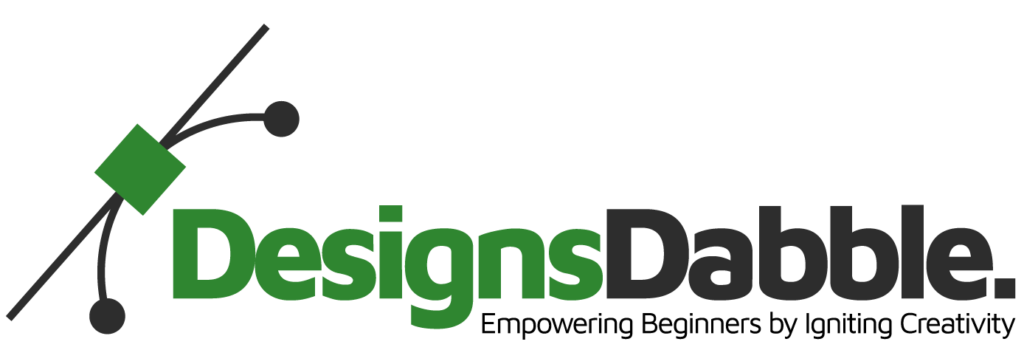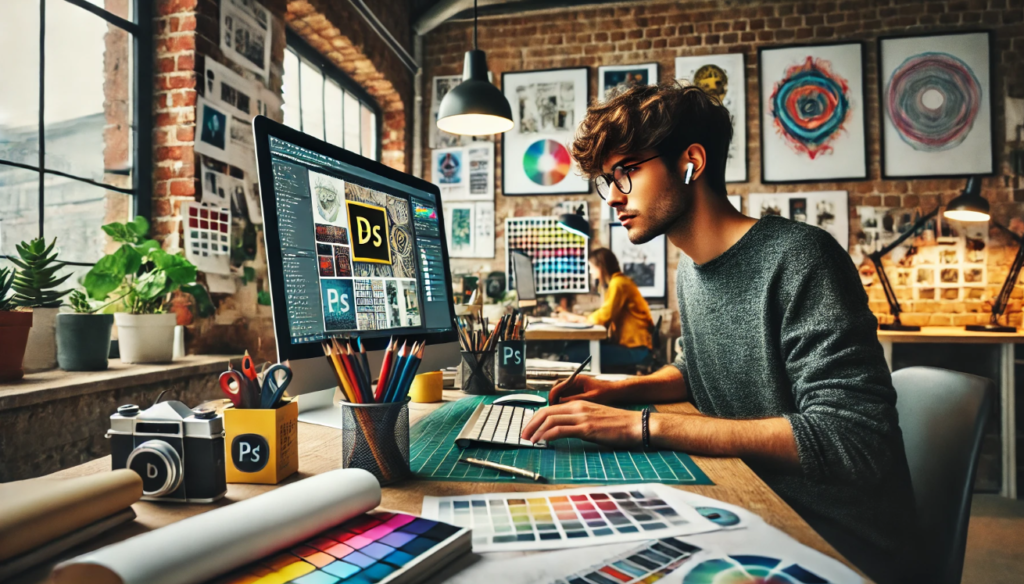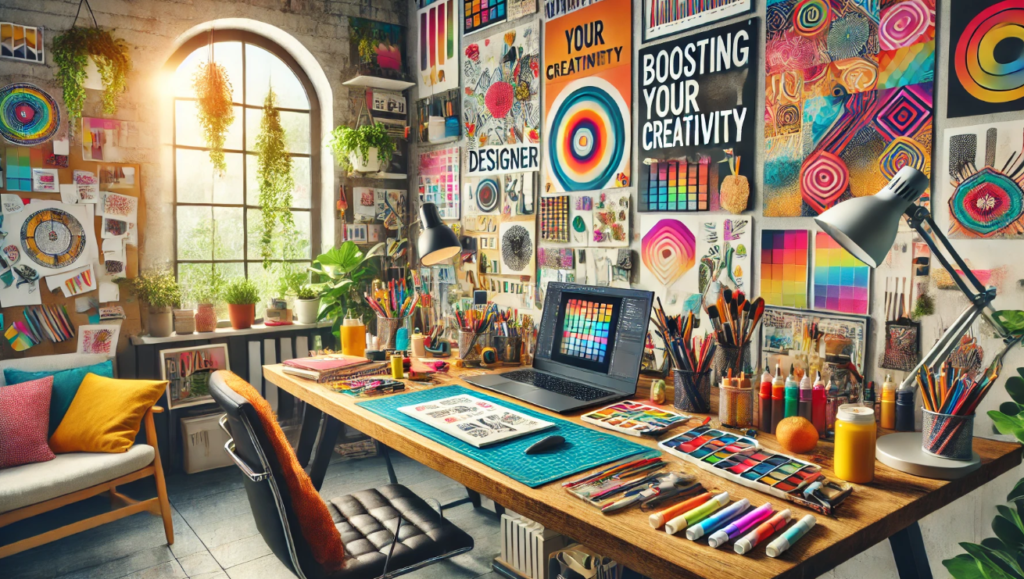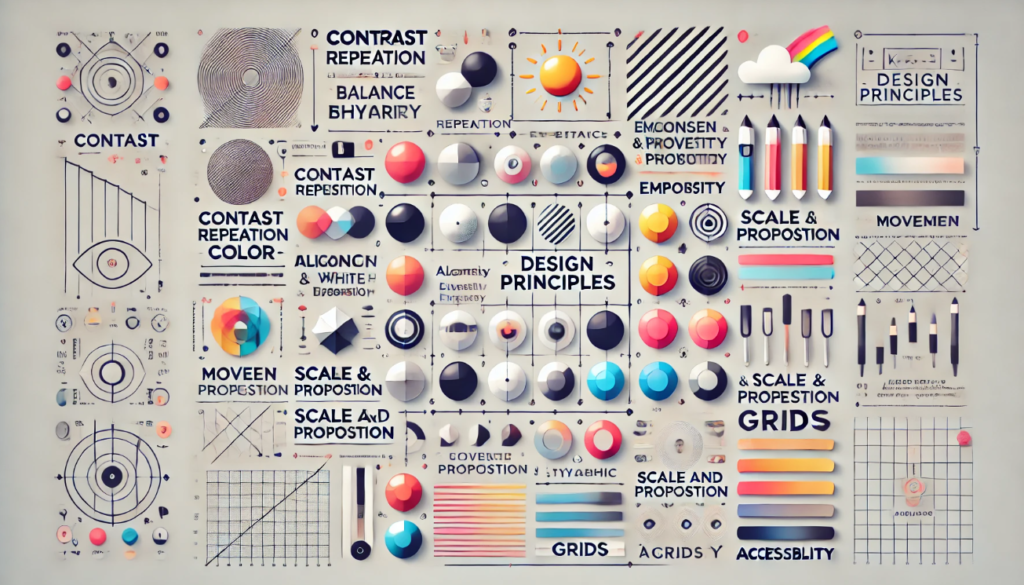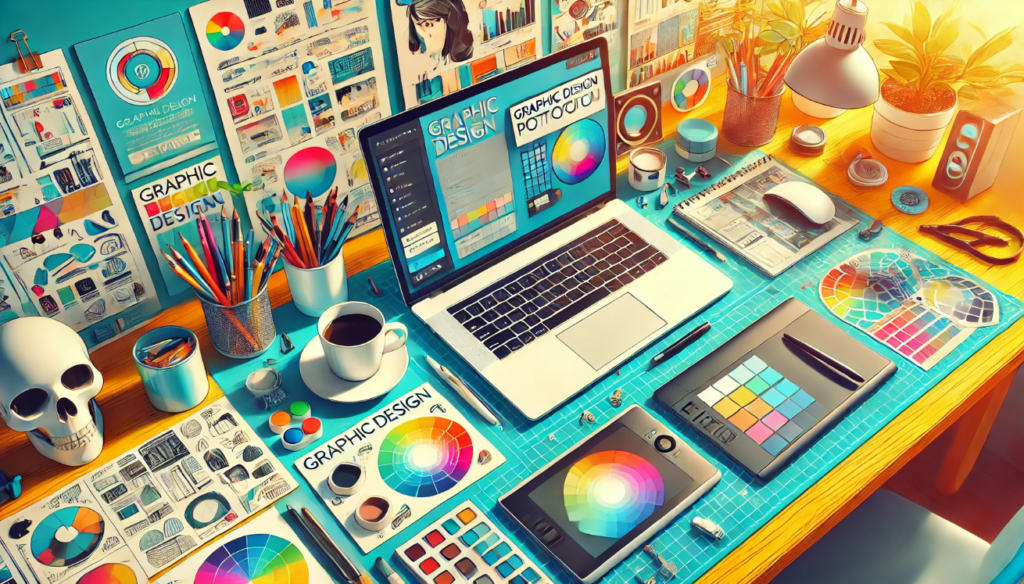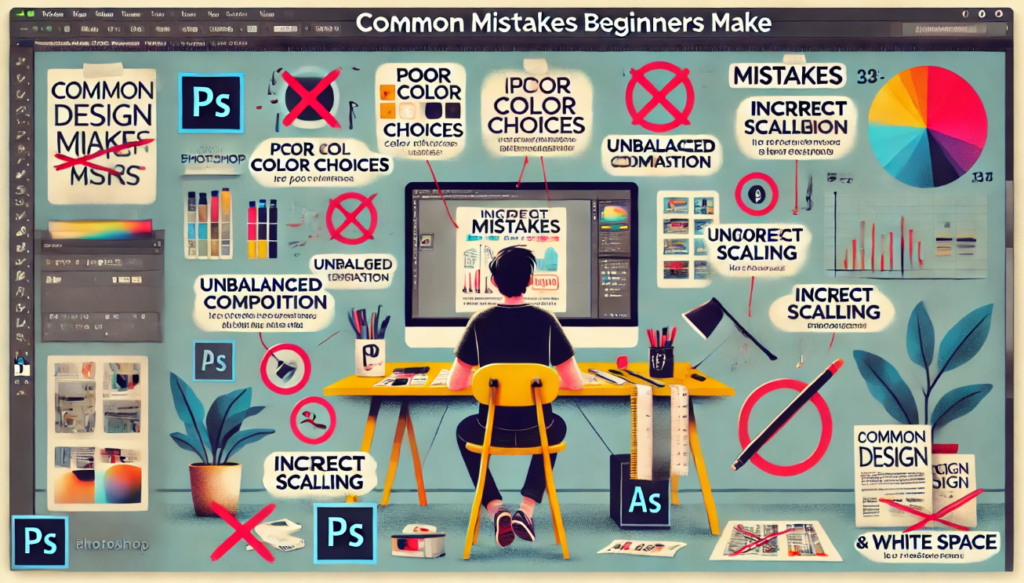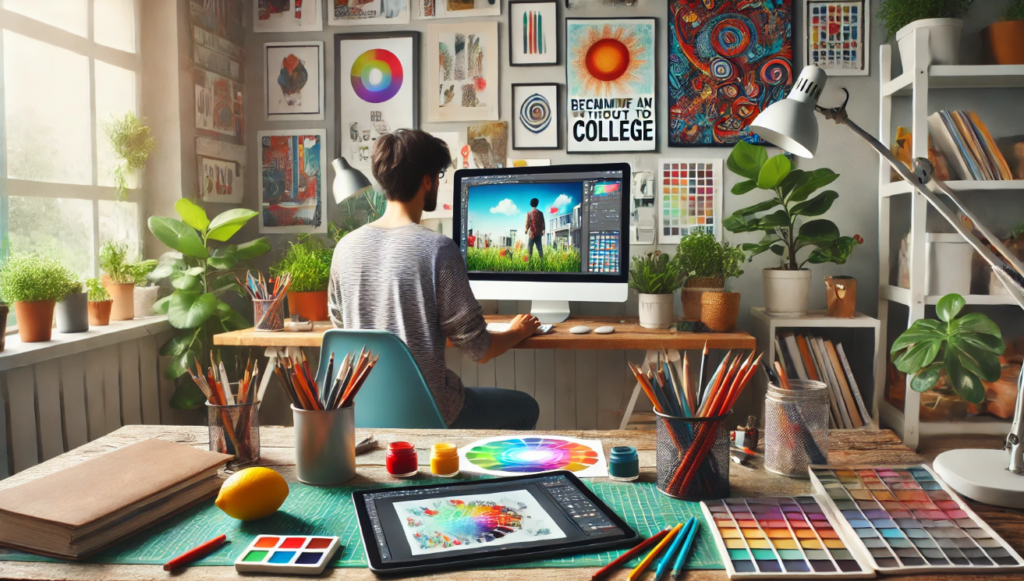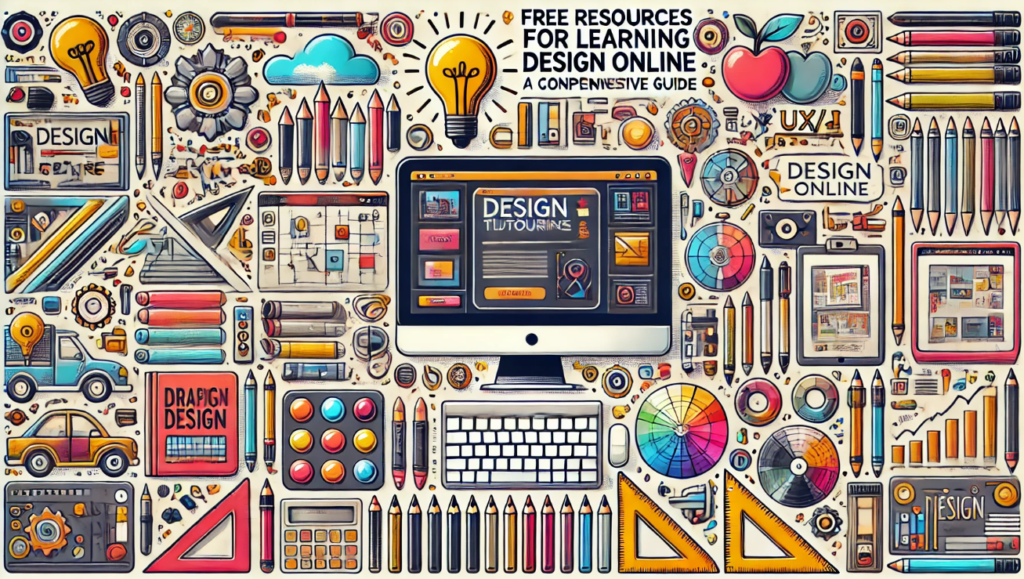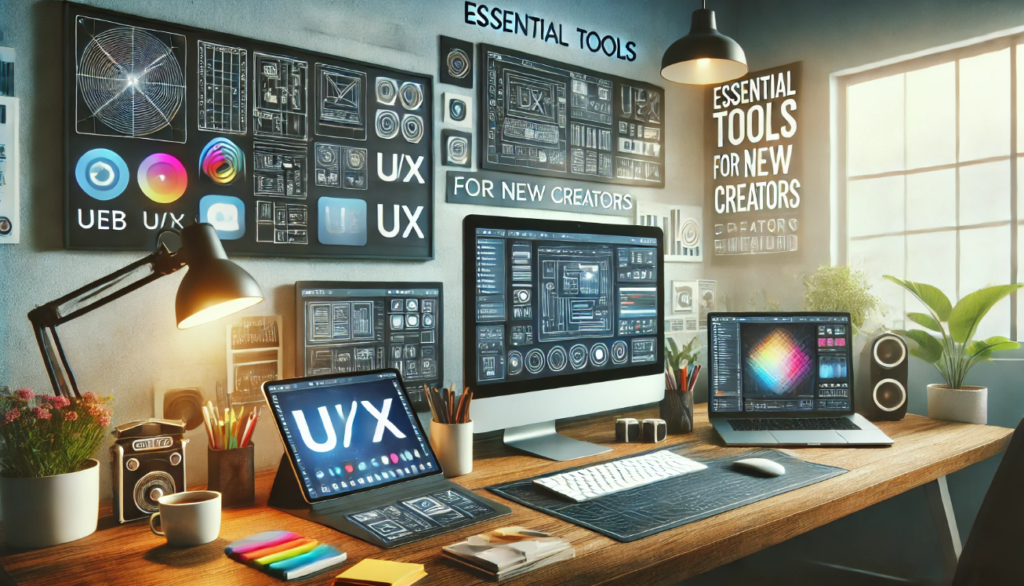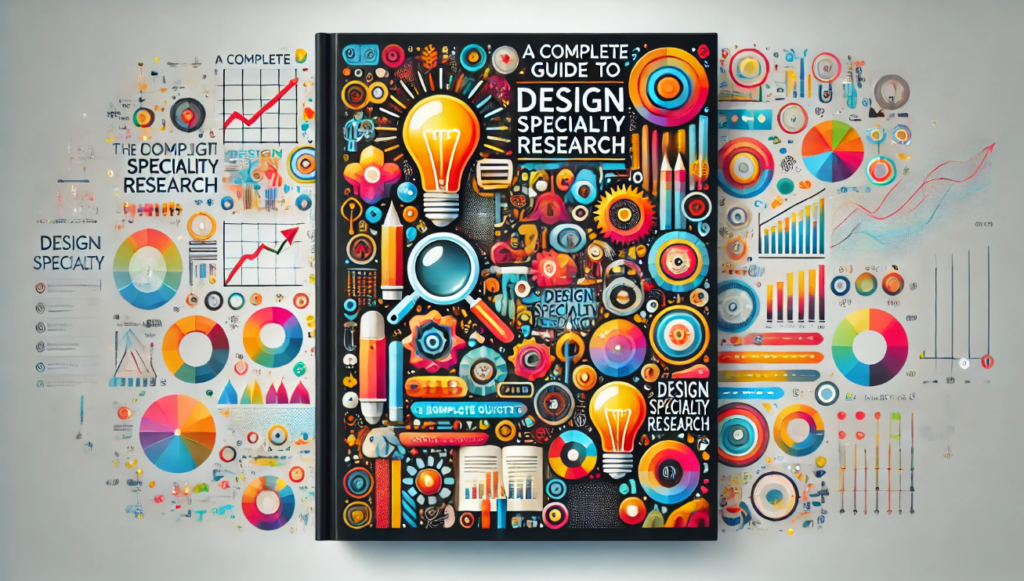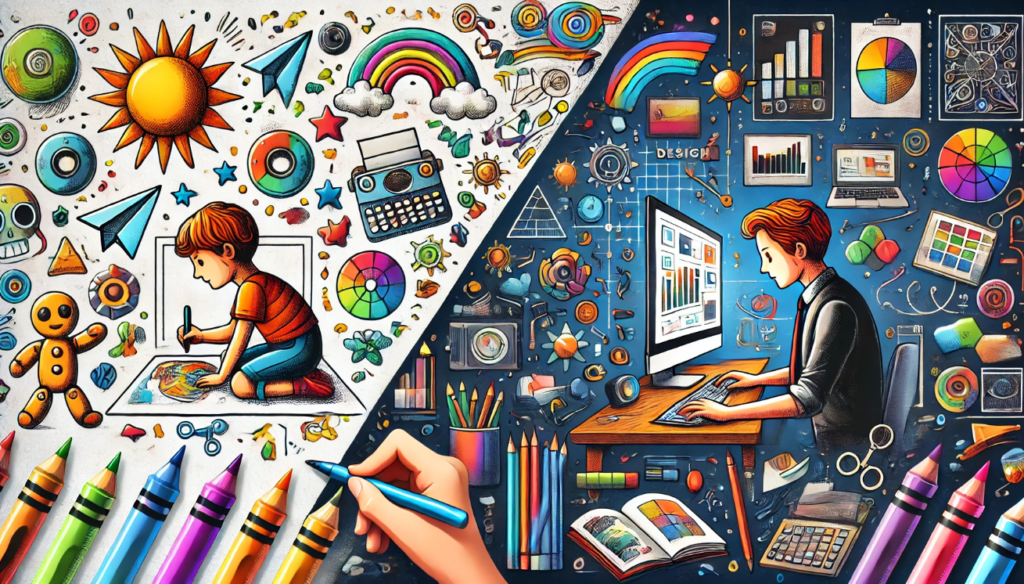Become a Graphic Designer! Step by Step
There are a million different ways to make things happen in the world you live in. Learning how to be a graphic artist is fun and rewarding, whether you want to make pretty pictures, name brands, or use design to say what you want to say. Plus, you need more than art skills to work in this area because it changes all the time. It’s important to be quick on your feet, smart, and good at business. Follow these steps to become a visual artist. This complete guide is meant to teach people who want to become graphic artists everything they need to know to get started and do well in the field. Plus, it gives you chances to train, which helps you get better at making things and makes your job grow. First, let’s learn how to make logos that are as unique as possible. I know how to do well because I’ve been an artist for a long time. I’ve worked for some pretty big companies. I’ve learned something new at every job. I’ve designed websites for large tech companies and thought of ways to make well-known brands look better all over the world. Design is more than just making things look good. It’s also about making them work better. I understand that good design can change my life in a big way. It’s possible that business, item, or service will stand out and do even better. Want to be an artist? You need to know more than just how to draw and use cool tools. You should always be eager to learn new things and work hard at your job…. You should be able to do that quickly and well. Table of Contents Introduction Figure Out What’s Most Important Get What You Need Sign Up for Official Classes or Training Make Your Resume Make a Better Plan Handle Your Time Better and Act More Professionally Step-by-Step Instructions First, Learn These Things How to Get the Right Tools Join Groups That Teach or Train People in the Law Take Care of Your Board Get Better at Drawing Get Things Done Fast and Learn How to Use Your Time Well Summary Figure Out the Most Important things Before you start making fancy art, you should learn the basics. Here are a few of them: Learn about the different writing styles and how to use them to make your writing clear and moving. Learn how to use color to make things look good with each other and get your point across. Find out how different colors make you feel. Order, harmony, balance, and grid systems are some layout design ideas you can learn about in Layout Composition. Figure out how to make things look good and be easy to read on paper or screen. Figure out how to arrange your ideas so they look good and fit together well. This is called eye sorting. You can find simple lessons, papers, and books online to help you understand these ideas. Get What You Need Graphic artists need to know how to use a few tools well in order to do their job well. In this room are these things: Adobe Photoshop: You can paint online, change pictures, and work with photos. Adobe Illustrator: The best program for drawing, making logos, icons, and vector pictures. Adobe InDesign: You can plan to print ads, books, and magazines with this tool. While GIMP and Inkscape are free, you should learn how to use Adobe’s tools to get ahead. A lot of people do. You can also get better at drawing if you have a good computer or tablet with a pen. This is very true when you draw or work on the computer. Sign Up for Official Classes or Training But you don’t have to go to these places. They can help you learn in a planned way, meet new people, and find your way. These things are possible: Graphic design programs: A lot of schools and colleges teach graphic design to both undergrads and grads. Designs, prints, art, and digital media are just some of the things that are talked about on these shows. Online courses: Sites like Coursera, Udemy, and Skillshare have many classes taught by experts. You can learn at your own pace from home with this class. It doesn’t matter how good you are. Design conferences and workshops: While you’re there, you can meet new people, learn new things, and keep up with the newest styles and tools. These events are put together by people who work in the field or in design groups. Pick the option that fits your needs, budget, and schedule the best. Make Your Protfolio If someone wants to buy something from you or hire you, your portfolio is like a picture card. It shows off your creativity, style, and skills. These are some great investing ideas: Diverse projects: Art, print design, digital media, branding, and digital media are just some of the projects that you should list to show that you can do different kinds of work. Quality over quantity: It’s not a good idea to show off too many projects. It would be better to show off your best work instead. Choose tasks that will show off what you can do. Case studies: For each project in your portfolio, write a case study about what the client wanted, how the design was made, and what the end result was. Also, talk about how the project came to be. Making this will show how you think and how well you can figure things out. Online portfolio: You can show off your work to people all over the world by making a website or email portfolio. Make sure your resume is neat, looks good, and is simple to use. One way to get more experience and improve your resume is to work for someone else or do volunteer work. Make a Better Plan In graphic design, there are always new styles, tools, and best ways to do
Become a Graphic Designer! Step by Step Read More »
